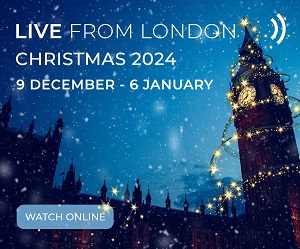Sound without barriers: recording contemporary music
James McCarthy
Monday, November 23, 2015
Recording has transformed the way new music reaches new listeners, as James McCarthy discovers...

Register now to continue reading
Thanks for exploring the Gramophone website. Sign up for a free account today to enjoy the following benefits:
- Free access to 3 subscriber-only articles per month
- Unlimited access to our news, podcasts and awards pages
- Free weekly email newsletter









